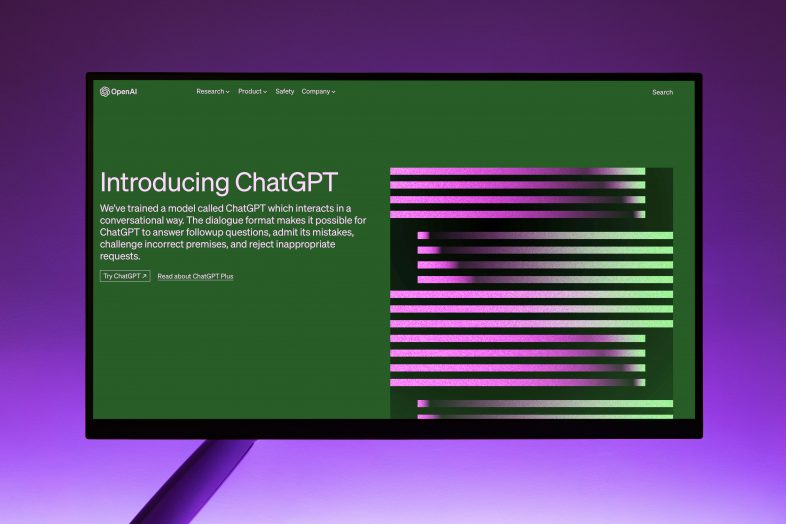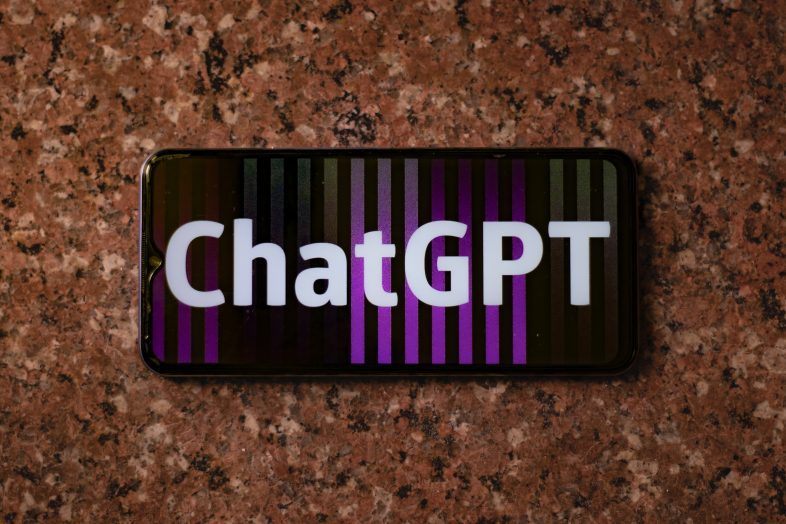What is ChatGPT?
ChatGPT is a tool developed by the American company OpenAI, which specializes in artificial intelligence for human use. It is similar to another OpenAI tool, InstructGPT, which provides detailed responses to queries. ChatGPT allows users to request information on specific topics, such as quantum computing, human heart mechanics, or flower arrangement principles, in a dialogue format. ChatGPT provides the only response instead of a search engine results page. Users can refine their search or ask follow-up questions to find specific information. ChatGPT can also compose songs, scripts, and poems on user-selected topics. OpenAI has received feedback from millions of free users worldwide to improve its functionality. ChatGPT has over 100 million monthly active users two months after its launch. There are two versions of the tool: the free version, which may contain errors, and the paid version, ChatGPT Plus, which costs $20 per month and provides general access to ChatGPT, faster response times, and priority access to new features.
The Pros and Cons of ChatGPT.
ChatGPT, like any other technology, has its own set of pros and cons. Let’s explore them:
Pros of ChatGPT:
Versatile and adaptable: ChatGPT can be used for a wide range of tasks and purposes. It can provide information, answer questions, generate creative content, offer suggestions, and engage in conversational interactions.
Knowledgeable and up-to-date: ChatGPT is trained on a vast amount of text data, which allows it to possess a broad base of knowledge. It can provide information on various topics and keep up with current events until its knowledge cutoff date.
Availability and accessibility: As an AI language model, ChatGPT can be accessed by anyone with an internet connection, making it widely available to users across the globe.
Language fluency: ChatGPT is capable of generating coherent and contextually relevant responses in natural language. It can understand and produce human-like text, which contributes to its conversational capabilities.
24/7 availability: ChatGPT can operate around the clock, providing assistance and information at any time, without the limitations of human availability.
Cons of ChatGPT:
Lack of critical thinking and judgment: While ChatGPT can generate responses based on patterns and examples from its training data, it does not possess true understanding, critical thinking, or moral judgment. It may produce inaccurate or biased information without the ability to verify the accuracy of its responses.
Vulnerability to manipulation: ChatGPT can be susceptible to bias and manipulation. If fed with biased or misleading information, it might reproduce and amplify those biases in its responses. This can perpetuate misinformation or reinforce existing prejudices.
Inability to ask clarifying questions: Unlike humans, ChatGPT cannot ask follow-up questions to seek clarification or better understand user queries. This limitation can sometimes result in misunderstandings or incomplete responses.
Lack of personal experience: ChatGPT lacks personal experiences and emotions. It cannot draw on personal anecdotes or understand subjective human experiences, which may limit its ability to provide empathetic or personalized responses.
Ethical concerns: The deployment of AI models like ChatGPT raises important ethical considerations, such as privacy concerns, potential misuse, and accountability for the content generated. Ensuring responsible development and use of such technology is crucial.
It’s important to note that while ChatGPT has numerous benefits, it also has limitations. As AI technology continues to evolve, efforts are being made to address these concerns and improve the capabilities and ethical considerations of AI language models.












Add Comment